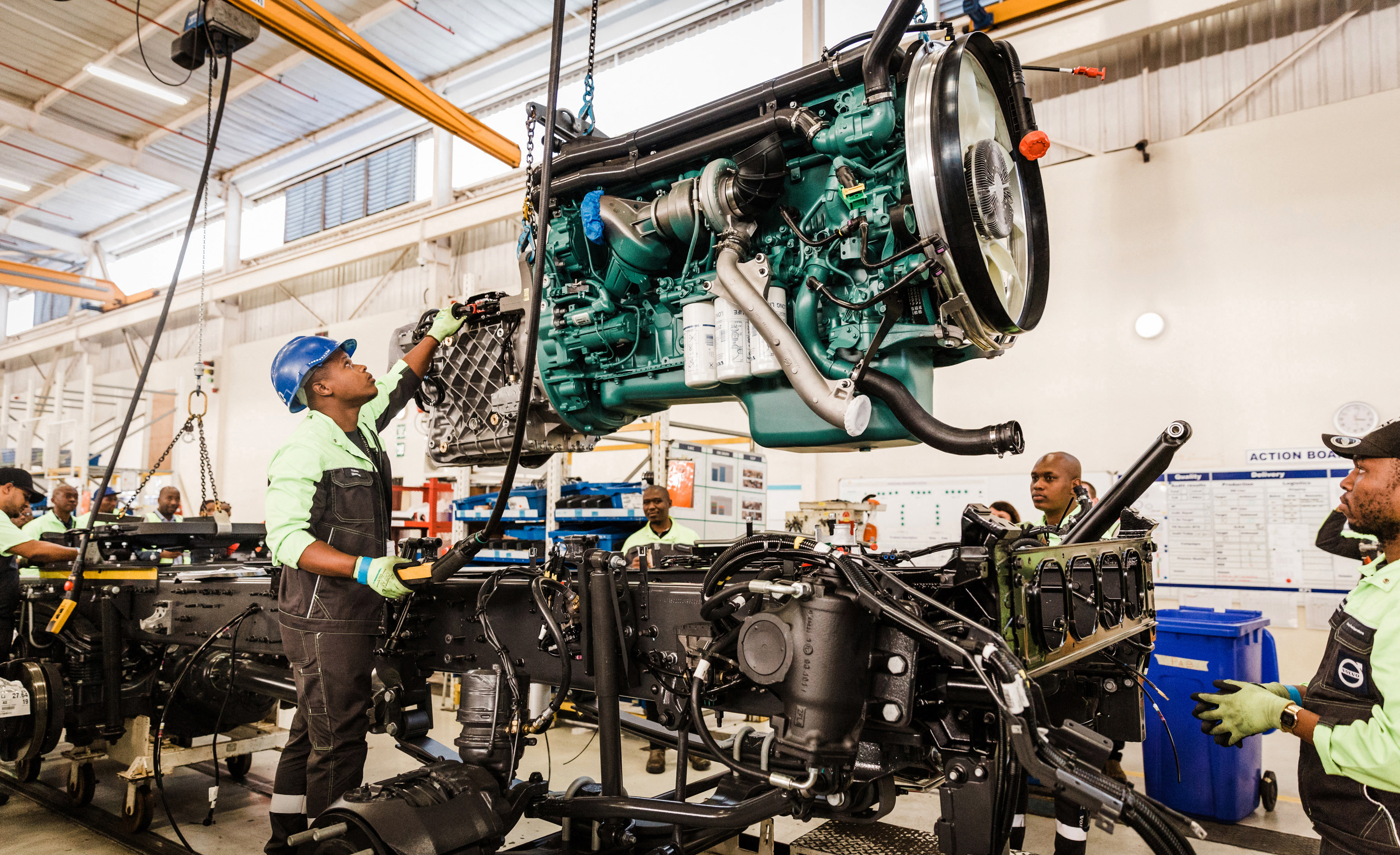Unions have reacted with frustration and dismay in response to Volvo Cars South Africa announcing a restructuring of its operations in the country and the alleged lack of engagement with union representatives, in apparent contravention of the Labour Relations Act.
The Motor Industry Staff Association condemned Volvo Car's announcement as premature, with CEO Martlé Keyter noting in a press release issued last week that employees had to read about Volvo Car’s restructure in public, “causing panic and anxiety amongst Motor Industry Staff Association’s more than 700 members”. In contrast, Volvo Car’s rationale for the decision has not been fully detailed; the company points to challenging market conditions and a broader downturn in vehicle sales as contributing factors.
The National Union of Metalworkers of South Africa (Numsa) confirmed that it did not receive formal notice under Section 189 of the Labour Relations Act and stated that it would be writing to Volvo Cars to demand that the process be formalised. Under the legal framework, companies must consult with union representatives well before announcing and implementing downsizing measures, ensuring that all affected parties are informed and given the opportunity to negotiate alternatives.
Market impact
The restructure comes at a challenging time for the automotive industry in South Africa. While there is concern over the possible loss of preferential automotive exports to the US under the African Growth and Opportunity Act and potential tariffs on commodities such as aluminium and steel, Volvo Cars is a niche player — holding only about 0.2% of local car sales.
Nonetheless, its recent strong performance in the electric vehicle segment, particularly with models like the EX30, XC40, and C40 Recharge, suggests that the brand is attempting to pivot in response to market trends. However, with its vehicles imported rather than manufactured locally, Volvo Cars may have limited flexibility in adapting to local economic challenges.
Sales data from AutoLive confirms that Volvo Cars operates in a niche market. Yet, its growth in the electric vehicle sector indicates a potential strategic shift. This development, however, must be viewed alongside the broader Volvo Group’s market presence, which includes a significant manufacturing footprint in heavy vehicles and export operations across neighbouring countries.
DM sent detailed questions to Volvo Cars but had not received a formal response by the time of publication.
Impact on employees
The lack of formal consultation has left employees uncertain about their job security. Both the Motor Industry Staff Association and Numsa have raised concerns about the scant details provided regarding the number of affected workers and the selection criteria for potential dismissals. Union representatives argue that early and thorough consultation is essential not only for protecting jobs, but also for ensuring transparency and fairness throughout the restructuring process.
“Numsa stands ready to defend workers and their livelihoods. We will do whatever is necessary to defend jobs,” said Numsa national spokesperson Phakamile Hlubi-Majola in a press release.
The situation unfolding at Volvo Cars underscores the urgent need for clear, timely communication with union representatives, a legal necessity under the Labour Relations Act. DM





